”I want people to feel love, to be hurt, uplifted and inspired.”
Marianne Infante is on the edge of the new - the first bilingual Filipino play to be written in New Zealand, and her first full length work. PAT’s challenge to write for Fresh off the Page is part of a new initiative to support Asian writers to create new works and step outside their creative fields.
Marianne, who began as PAT’s producer for Fresh off the Page, is a proud Filipino who moved to Christchurch at age 11, before moving to Auckland in 2014. Marianne gained a Bachelor of Performing and Screen Arts degree graduating from Unitec in 2016 and has since multiplied her skills in the creative industry. Her theatre experiences include the Auckland Summer Shakespeare 2017's As You Like It, Emotional Creature (The Others Club) and Rumination (Simple Truth Theatre). As a stage manager she worked on BOYS with Auckland Theatre Company and TEMPO Dance Festival in 2017/2018.
PAT sat down with Marianne to talk about her experience before unleashing PINAY on the world.
Catch PINAY October 17th at The Basement Studio, 8.30pm!
What inspired you to write this play?
I don’t think I can pin it to one inspiration. Many things inspired and motivated me to write this play. It’s been brewing for 2 years and then when all the WHY-DO-I-WANT-TO-WRITE-THIS reasons stacked up together, I got to a point this year when I knew I just HAD to get it out of my chest. Those reasons being: personal lessons and conflicts, appreciation for my culture, for my family, my parents hard-work and love, PAT fighting for representation, sheer lack of Filipino voice in all sector of NZ Arts community, and the fact that I knew I had a genuine story I was so passionate to share and communicate.
What were the challenges you faced during the process?
Expressing and forming feelings into words, specifically scenarios that are so close to home. Writing out the pains and mistakes and fully realising those on the pages of my script; I avoided writing the hardest scenes till I just knew I had to, to finish the script. Another challenge for me was trusting myself as a writer. Trusting myself that the truth and story I have to share mattered.
What do you think makes a good story?
A story of truths. A story that explores the ugly and the complex. A story that activates the space and the people within it and engages people to think, question, maybe challenge and wonder.
How do you want people to feel at the end of your play?
I want people to feel love, to be hurt, uplifted and inspired by it. I want people to feel and understand one’s *malasakit at pagmamahal sa kapwa’t pamilya*
*Loose translation- selflessness/sacrifice/devotion/concern and love for fellow people and family.
‘Who’ did you write your play for?
I wrote this for any young adult who is having to; re-identify with themselves, dissect their multi-layered culture and re-evaluate the real importance and value of ‘love’ and ‘family’. I wrote this for the person I was last year and the year before.
What character was the easiest to write?
Mama. I have so much gratitude for her complexities and immense capability to love that I really enjoyed exploring her energy and essence.
Can you explain the ‘theatrical’ ideas/concepts utilized in the play that you describe?
I wanted to explore and stretch my story past dialogue and I have delved into movement, sound and music. Featuring my awe for Kapa Haka, Tinikling and love for Filipinos karaoke culture. Movement gives me the freedom to express what words can’t hold and moulds together the 3 different languages the character Alex engages with; English, Tagalog and Te Reo. It’s hard to fully translate from one language to another and to actually keep the essence and actual definition of the word just like the word ‘malasakit’ in the question above. Regarding the musicality of the piece, for me music and singing is used when the emotions being communicated surpasses the dialogue; speaking no longer suffices.


